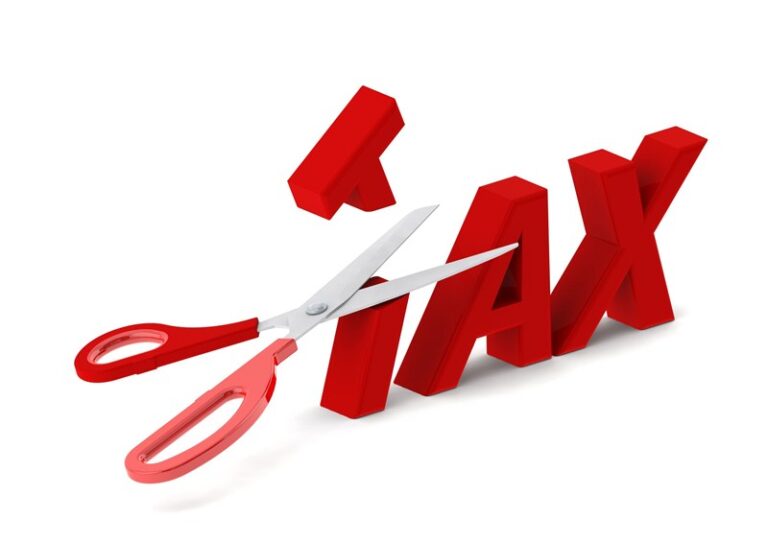Tax Diary June/July 2023
1 June 2023 – Due date for corporation tax due for the year ended 31 August 2022.
19 June 2023 – PAYE and NIC deductions due for month ended 5 June 2023. (If you pay your tax electronically the due

1 June 2023 – Due date for corporation tax due for the year ended 31 August 2022.
19 June 2023 – PAYE and NIC deductions due for month ended 5 June 2023. (If you pay your tax electronically the due

A P11D form is a form used by employers to list certain ‘benefits in kind’ provided to directors or employees. P11D forms are used to provide information to HMRC on all Benefits in Kind (BiKs),

There are a number of reliefs available that can reduce liability to Inheritance Tax (IHT).
One of these reliefs is known as IHT Business Relief and is a valuable tax relief for taxpayers with

Directors are classed as employees and pay National Insurance on annual income from salary and bonuses that exceeds the Primary Threshold. The annual threshold is £12,570 in the current 2023-24 tax

A new law that stops employers from withholding tips from people working in the hospitality, leisure and services sectors has come into force. The Employment (Allocation of Tips) Act 2023 received

The Cost of Living support package has been designed to help over 8 million households in receipt of mean tested benefits. The details for Cost of Living Payments due in the 2023-24 tax year have been

The Construction Industry Scheme (CIS) is a set of special rules covering tax and national insurance for those working in the construction industry. Businesses in the construction industry are known

A new King, the possibility of a change of government next year, and signs that we may, at last, be emerging from the disruptions created by Brexit and COVID.
Meanwhile, back at helms of our small

The taxable turnover threshold that determines whether businesses should be registered for VAT is currently £85,000. Businesses with turnover below this level can also apply for a voluntary VAT

Where an employee with a company car is provided with fuel for their own private use by their employers, the default position is that the employee is required to pay the car fuel benefit charge. The

LIVING UP TO OUR NAME